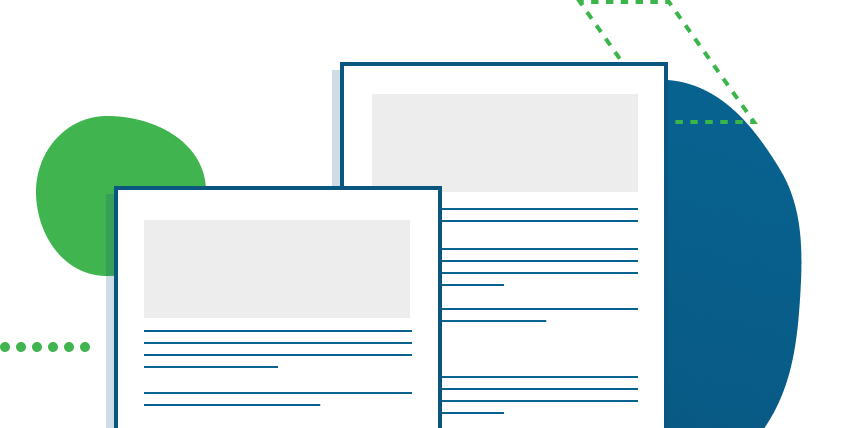by Alessio Shetabandeh, Senior Developer Specialist at Excellence Innovation
Why self‑learning is crucial in software development
For those who work in software development, the learning never stops. Frameworks, libraries, methodologies: give it six months and you’ll already be chasing something new. It’s almost an unwritten rule: if you want to stay competitive—or even just understand what’s happening around you—you have to keep learning.
But self‑learning is not just a professional duty; it’s also a resource for yourself. Personally, I’ve often discovered technologies that later became central to my work simply because I approached them “out of curiosity,” maybe starting from a YouTube talk or reading a thread in a community.
Advantages of self‑learning (and of the community)
Constant updating – Taking a course, trying out a new library or even just reading well‑written documentation lets you stay on pace. Becoming familiar with emerging programming languages, innovative frameworks, new architectural approaches or keeping abreast of current regulations is essential to avoid falling behind the sector’s evolution. Better to arrive prepared than to be playing catch‑up.
Flexibility and autonomy – You don’t need to block off weeks to learn. Today you can pick up something new during lunch break or while waiting for a train thanks to tutorials, podcasts or personal projects that may not even be related to your set professional goals.
Community and sharing – And here a fundamental element comes into play: participation in the community. Local events, meetups, conferences (even online), Discord channels or Telegram groups are occasions where you often learn more in an hour of informal discussion than in eight hours of class. Remember it’s not just about learning: exchanging experiences also gives you motivation and a perspective different from what you’d expect.
Responding to the market—and to yourself
Self‑learning helps you align with company requirements, but it is often precisely autonomous exploration that reveals unexpected passions that over time can become true specialisations.
Strengthening problem‑solving skills
Learning how to learn is among the most sought‑after soft skills because it develops a flexible, adaptive and solution‑oriented mindset.
A parallel with artificial intelligence
The continuous‑learning paradigm finds an interesting mirror image in state‑of‑the‑art AI models such as OpenAI’s ChatGPT or Perplexity AI. These systems don’t just answer on the basis of a fixed knowledge set; they constantly evolve thanks to the processing of new information.
Continuous learning – Just like a developer who each week carves out time to read, test or attend an event, these models are “fed” regularly with new information to improve the accuracy and relevance of their answers.
Adaptation and specialisation – Like developers who specialise in vertical technologies, AI models can also be customised to operate more effectively in specific domains, making them extremely versatile tools.
Self‑learning in today’s business and technological context
More and more companies are investing in structured continuous‑training programmes, aware that growing in‑house skills represents a strategic competitive advantage. Modern e‑learning platforms, the use of agile methodologies even in teaching and the integration of AI in training paths are redefining the very concept of professional development.
It’s no longer just about learning, but about doing it in a sustainable, collaborative and results‑oriented way, in a context that values individual initiative as well as organisational culture.
Conclusion
In today’s landscape, characterised by rapid technological change and constant market stimuli, self‑learning should no longer be considered optional but a professional responsibility. Learning independently is a fundamental pillar of personal growth; the real acceleration happens when you connect with others. Communities, discussion and the cross‑pollination of ideas are what make knowledge truly alive and generative. For both people and AIs, the ability to learn, adapt and improve over time is the most valuable skill for successfully facing the future of work. Try asking ChatGPT “Are there active developer communities in Italy? Where can I find them?” and you’ll immediately get a good starting point.
